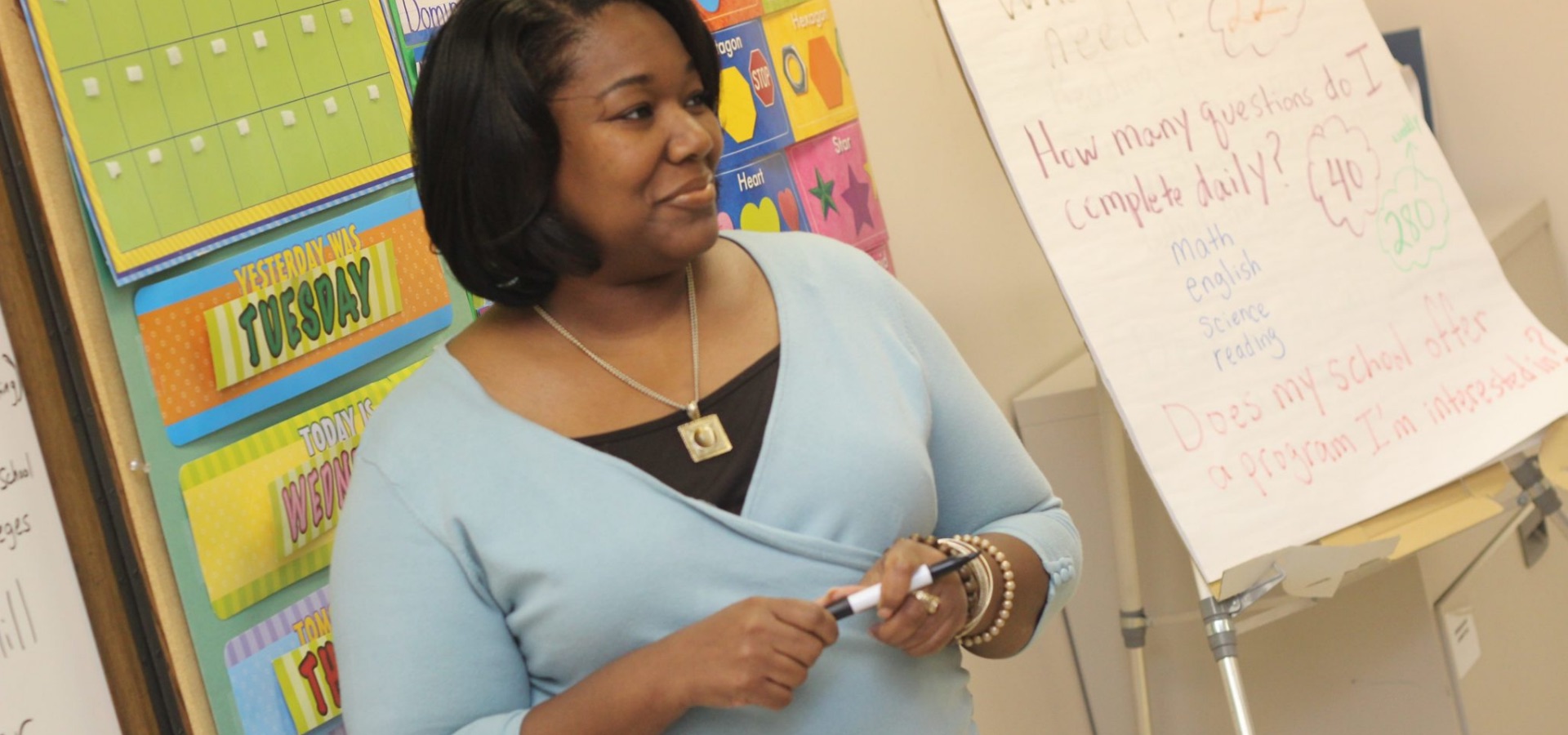The first few weeks of a learner’s final school year is like a rollercoaster ride – lots of excitement, a little bit of fear and a good dose of disorientation. The start of Matric can be overwhelming, but learners would do well to get things under control as soon as possible by devising a roadmap for the months ahead, an expert says. “Matric is a short year compared to previous school years, and before you know it, you’ll be sitting down for your final exams. The good news is that in January you still have time on your side to put in place a strategy for not only worker harder than before – which you definitely should be doing – but also working smarter,” says Dr Gillian Mooney, Dean: Academic Development and Support at The Independent Institute of Education, SA’s largest private higher education institution. Mooney says that in addition to the demands of preparing for the most important exam in their school careers, Grade 12s also have a plethora of once-in-a-lifetime events coming up. “So right now you need to consider everything that will require your time and attention this year, and figure out exactly how you will make provision for all these demands.” Mooney says taking care of the life and academic admin now, will free up precious energy allowing learners to focus on the task at hand when the time comes. “Remember that the better you perform, the higher your chances of landing a spot in the higher education institution and programme of your choice. This will in turn have a knock-on effect on your career prospects. Competition is tough, and every mark that you can earn this year could be the difference between going the route you want right away, or having to spend more getting where you want to be,” says Mooney. She says in the next few weeks, learners should create a single calendar incorporating all the important matters they need to attend to in the coming year, which includes the following: ACADEMIC YEAR Note down the dates of all the important tests and exams, and draft your study and revision timetable. “A year sounds pretty long, but in Matric, the year is shorter and the final exams sooner than you are used to, so the best time to start revising is right away. Consistency is key, and by doing your bit every day, you won’t need to deal with a seemingly insurmountable volume of work ahead of your exams. Instead, you’ll be able to use revision time to solidify concepts and complete old papers,” says Mooney. SOCIAL EVENTS “While it is obviously exciting to look forward to and plan your Matric dance, 40 days-celebration and so forth, you can’t afford to spend too much time and energy on this during the year,” says Mooney. “So note down the important dates, note down when you will take some time out to plan for them, and then let it go until the time arrives.” FUTURE PLANS On top of all the academic, social and life demands Matrics will face this year, they also need to decide what they are going to do after school. “The world of work today looks completely different to the way it looked when your parents, guardians and teachers left school, so you have to do your own research. New jobs are being created all the time, and by the time you finish your studies, there will be careers that we can’t even predict right now,” says Mooney. “Leaving the decision about higher education until later, means you won’t have time to properly research your options. This is why we suggest learners do a bit of work on their future plans every week, so that they can thoroughly investigate what is on offer at both public universities and private, by doing online research, visiting campuses, and speaking to people who work in their prospective fields or who have studied at one of the institutions on their shortlist.” If learners timeously narrow down their options, they can avoid the rush when everyone else wakes up. EXTRA-CURRICULAR ACTIVITIES Sport and cultural activities, volunteering and part-time work are important for maintaining balance in your Matric year, but can take up a lot of time. Try not to add more to your plate this year. Take these activities into account in your start-of-year planning, and if you find yourself too squeezed for time later, consider lightening the load on your schedule. OTHER MILESTONES Many learners will turn 18 during their Matric year, which means there is some additional life admin to be done. For instance, those who turn 18 before the country’s general elections in May, need to ensure that their ID is in order and that they are registered to vote if they intend to do so. Some may also wish to obtain their Driver’s Licence, which means some time needs to be factored in for lessons and the actual test. “Think about which other issues you want or need to sort out this year, and note that down in your year-at-a-glance calendar as well,” says Mooney. “When you look back at your school career, make the memory one of having taken charge of your future on the cusp of adulthood. Too many learners arrive in Matric and think they’ve reached the finishing line. What will set you apart from your peers – when applying for further study and applying for your first position, when Matric marks are still very important – is if you resolve to keep your head in the game now,” says Mooney. “There is a lot to be said for choosing an approach of delayed gratification during this year. If you use your time wisely and maturely, you will be able to both enjoy this significant period in your life, as well as optimally position yourself for future success.”




































